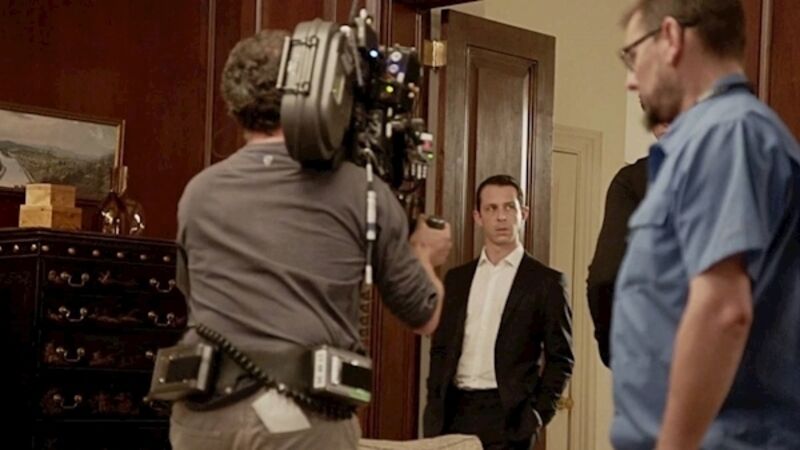Beware of bitter family disputes which can pass to the next generation


Has anyone seen ‘Succession’ on TV?
Try from €1.50 / week
SUBSCRIBE
Has anyone seen ‘Succession’ on TV?
Already a subscriber? Sign in
You have reached your article limit.
Annual €130 €80
Best value
Monthly €12€6 / month
Introductory offers for new customers. Annual billed once for first year. Renews at €130. Monthly initial discount (first 3 months) billed monthly, then €12 a month. Ts&Cs apply.
Newsletter
Keep up-to-date with all the latest developments in Farming with our weekly newsletter.
Newsletter
Keep up-to-date with all the latest developments in Farming with our weekly newsletter.
Newsletter
Sign up to the best reads of the week from irishexaminer.com selected just for you.
Newsletter
Keep up with stories of the day with our lunchtime news wrap and important breaking news alerts.
Saturday, February 7, 2026 - 7:00 PM
Saturday, February 7, 2026 - 8:00 PM
Saturday, February 7, 2026 - 12:00 PM
© Examiner Echo Group Limited